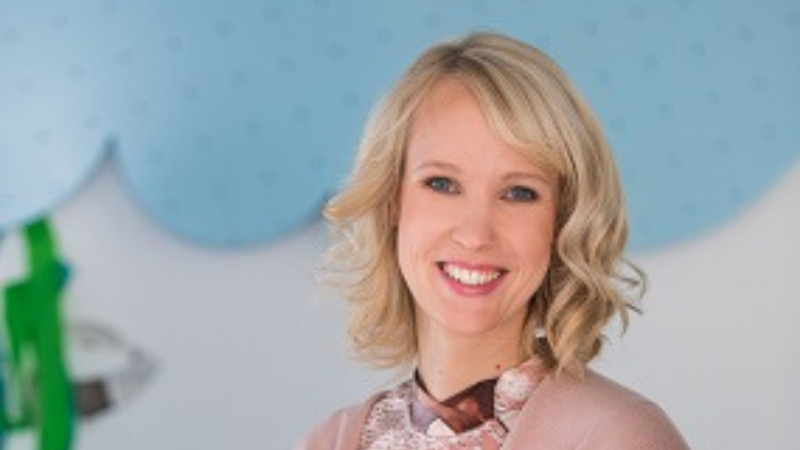Martina Peštaj

After graduating in psychology from the Faculty of Arts, Martina got her master’s degree in developmental psychology, while her career path took a turn towards the media even before her diploma. She currently works at RTV Slovenia as media psychologist.
Martina is the editor of children’s and young people’s programming at TV Slovenia, where she has worked for a number of years as author, screenwriter and editor of children’s shows. Her most recent authorial project was a children’s programme called Firbcologi. She selects foreign animated and non-animated series for children and young people and is in charge of organising dubbing operations. She acts as mentor to psychology students during their mandatory practical studies.
One of Martina’s main professional interests is the impact of children’s television programmes, films, animation and the internet on child development. She writes articles, lectures and takes part in research projects at home and abroad on this topic, is a member of domestic and international boards and committees, and is frequently invited to conferences and festivals.
For several years she has also worked on the “Slon” educational animated film programme at the Animateka festival, and as a children’s film selector at Animafest, the Croatian animated film festival. She regularly collaborates with Ciciban and Cicido children’s magazines, as well as with the Logout centre for the treatment of internet addiction.
She devotes much of her time to projects in the field of cultural and arts education, where she works with the Ministry of Culture and the Ministry of Education and Sport. She is a member of the expert committee of the Golden Stick platform, which is a reference database for high-quality theatre productions for children and young people.
Martina stresses the importance of regular adult monitoring of children’s media and digital device use, and of adults making a careful selection of high-quality material that takes their children’s developmental needs into consideration. She believes in the power of diverse cultural and artistic experiences that can have significant experiential, aesthetic and social value for children.
